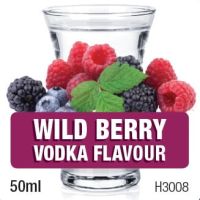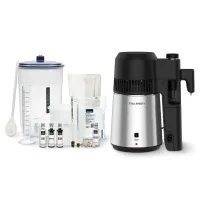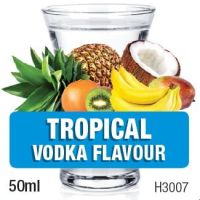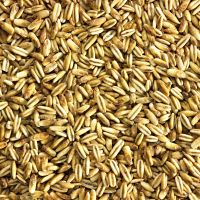
Magnesium Sulfate (Epsom) Brewing Salts 100g
Lowers pH slightly.
Magnesium sulfate is similar to calcium sulfate but is not as effective as calcium in reducing the pH of the mash.
Can be used to add sulfate “crispness” to the hop bitterness. Use sparingly as too much can have a laxative effect!
Magnesium (Mg)
Magnesium is a critical yeast nutrient if used in small amounts. It also behaves as calcium in contributing to water hardness, but this is a secondary role. Levels in the 10-30 mg/l range are desirable, primarily to aid yeast. Levels above 30 mg/l will give a dry, astringent or sour bitter taste to the beer.
You can get a profile of your local water supply from your city or water company. Also, often the local brewing club has already collected local water profiles for you to examine. In the water report, look for the 6 critical items listed above. Also, be aware that many local water suppliers will frequently flush their system periodically (often in the Spring) with highly chlorinated water, which can give you some very strange brewing results if you are unaware of their schedule.
Sulfate (SO4)
Sulfate plays a major role in bringing out hop bitterness and adds a dry, sharp, hoppy profile to well hopped beers. It also plays a secondary role to lowering Ph of the mash, but the effect is much less than with carbonates as sulfate is only weakly alkaline. High levels of sulfate will create an astringent profile that is not desirable. Normal levels are 10-50 mg/l for pilsners and light beers and 30-70mg for most ales. Levels from 100-130 mg/l are used in Vienna and Dortmunder styles to enhance bitterness, and Burton on Trent pale ales use concentrations as high as 500 mg/l.
7 in stock














